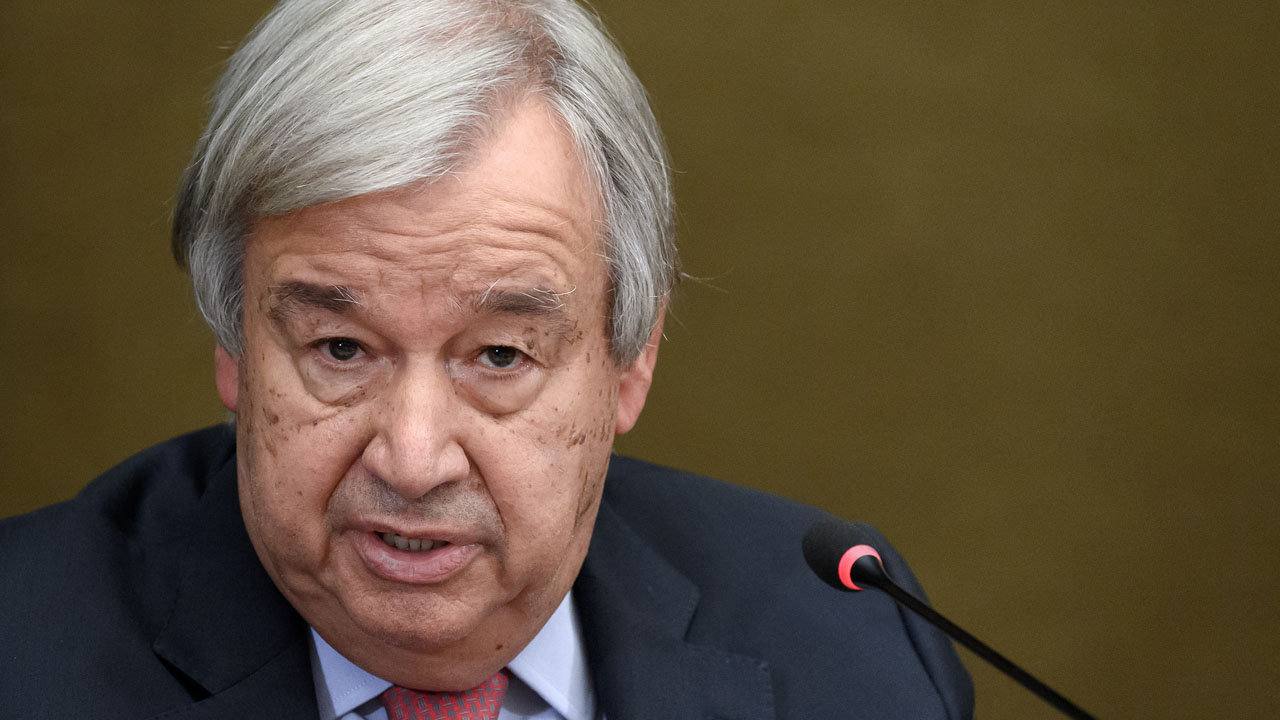
• Most flood victims in Kogi, Kwara failed to heed early warning, says NEMA
A new report from the United Nations Office for Disaster Risk Reduction (UNDRR) and the World Meteorological Organisation (WMO), released yesterday, has warned that half of the world’s countries are not protected by multi-hazard early warning systems.
The warning came as Nigeria joined the rest of the world, yesterday, to observe International Day for Disaster Risk Reduction.
The numbers in the report are even worse for developing countries on the front lines of climate change, the report states.
Less than half of the Least Developed Countries (LDCs) and only one-third of Small Island Developing States (SIDS) have a multi-hazard early warning system.
This came after Ministry of Humanitarian Affairs, Disaster Management and Social Development disclosed that more than 1.4 million people were displaced and about 500 others died in one of the worst flooding Nigeria has seen in a decade.
“As of Wednesday, 790,254 persons moved out of their locations and 1,546 persons were injured,” Nasir Sani-Gwarzo, Permanent Secretary of the ministry added.
According to the statement, 45,249 houses were totally damaged, 76,168 hectares of farmlands were partially destroyed and 70,566 hectares of farmlands were completely destroyed.
Last month, National Emergency Management Agency (NEMA) said, at least, 300 people had died and more than 100,000 others had been displaced since the start of the rainy season.
SPEAKING in a video message to mark the Day, UN Secretary-General, Antonio Guterres, said humanity is in danger zone over its deadly failure to invest in and protect the earth.
He said: “The world is failing to invest in protecting the lives and livelihoods of those on the front line. Those who have done the least to cause the climate crisis are paying the highest price.”
Guterres warned in his message that climate disasters are hurting countries and economies like never before. He explained that increasing calamities are costing lives and hundreds of billions of dollars in loss and damage, and recounted how he witnessed first-hand, the devastation unleashed by the recent floods after his visit to Pakistan.
“Three times more people are displaced by climate disasters than war,” the UN chief said, adding: “Half of humanity is already in the danger zone.”
Meanwhile, NEMA has said residents of Niger and Kwara States felt the effect of the flood because there was no adherence to early warning.
Zainab Saidu, head NEMA Minna operations office, said this in a statement to commemorate the IDDR. She said many communities affected along the tributaries of River Niger did not heed early flood warnings contained in the Seasonal Climate Prediction (SCP) and the Annual Flood Outlook (AFO).
The statement reads: “It is disheartening to note that while some people responded to the early warnings usually made available early in the year, many others chose to turn deaf ears.
“This is mainly the reason why many people were affected by flood because the communities affected in Niger and Kwara states have continued to be the same, with only little variation.
“NEMA, in executing its mandate, is always in the forefront of initiating activities that will ensure early action is taken to reduce or minimise harm to people, assets and livelihoods.”



